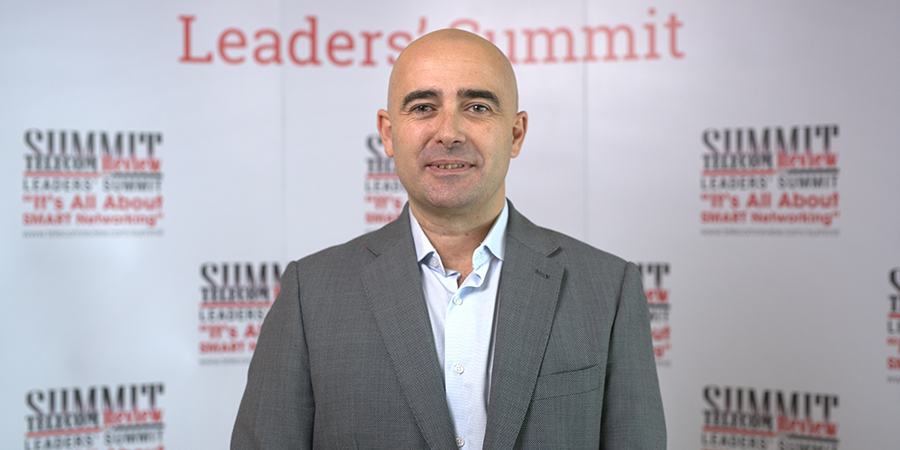During the 15th Telecom Review Leaders’ Summit held at the InterContinental Dubai Festival City, Telecom Review welcomed Francisco Irala, telco solutions architect senior manager, EMEA, Infoblox, in person. In an exclusive interview, Irala shared the company’s position in helping telecom operators move towards being agile and digital as well as his views on the most relevant drivers that affect telcos’ in launching new services and improving customer experiences.
How does Infoblox deliver modern core network services and security to service providers?
We deliver solutions in the form of NFV under a flexible license, where in the future will also move to containers. We are moving to flexible licensing to allow service providers to adapt to the fast-changing pace that was happening this year, with the 5G evolution and mobile edge computing, among others.
With all the changes taking place, we moved into a subscription model that allows them to react to these changes without having a hard time going back and rethinking the investment that they did a few years ago.
What is the importance of automation in the telco cloud?
Automation is the foundation for the telco cloud. Telco cloud is not used just for virtualization, it is utilized to overcome the lack of agility that the solution has to react to the changes that are happening in the network.
Hence, it's all about reducing orders and natural processes as well as helping the customer to react faster to those events that are happening in the network. And in the telco cloud, there are two levels: the first handles the delivery of the services, the NFV, where half of our solutions are applicable to automate or deliver, and the other tackling cloud where you need to automate things such as IP address management and learn how to coordinate with different orchestrators in different areas.
Today, what’s normally lacking and forgotten is the integration between the virtual and the legacy infrastructure in the physical world. You need something that can tie it all together and allow these hybrid deployments, making NFV coexist and evolve into the next generation.
Can you elaborate how Infoblox help to monetize core network assets while generating new revenue streams through intelligent value-added services?
What Infoblox offers is using an existing platform like DNS that is existing in the control plane and scale the security solutions that allow the network base to deliver security in a scalable and effective way that the operators can bring to the market as-a-service.
In this way, we allow them to deploy new services in an agile way to be able to sell their database security under their control and other services they can sell as well to subscribers — both B2B and B2C — to increase the ARPU that they have from the customers.
Why is it important to deploy intelligent networks to handle future 5G and edge workloads?
We are in the beginning and earliest stages of 5G, we don't know yet what's in store. When 4G was launched, nobody anticipated the creation of the Uber concept.
In terms of operators’ investments, they have put a timeline of five to eight years. But we don't know what's going to happen in two or three years from now with 5G. Thus, we need to have a solution that allows architecture modification when needed to elastically scale or adapt to the changes.
For example, a few weeks ago, we faced an issue with Facebook which affected the world even though it happened in one corner of the globe. This is just an event that you need to react to quickly because everyone is using this infrastructure.
In response, we need to be able to react elastically and deploy more workloads in different places to be able to overcome these challenges. That's why elasticity and changing the tradition, perpetual, static deployment into a more flexible way of solution deployment is key for this new era of digital transformation.










